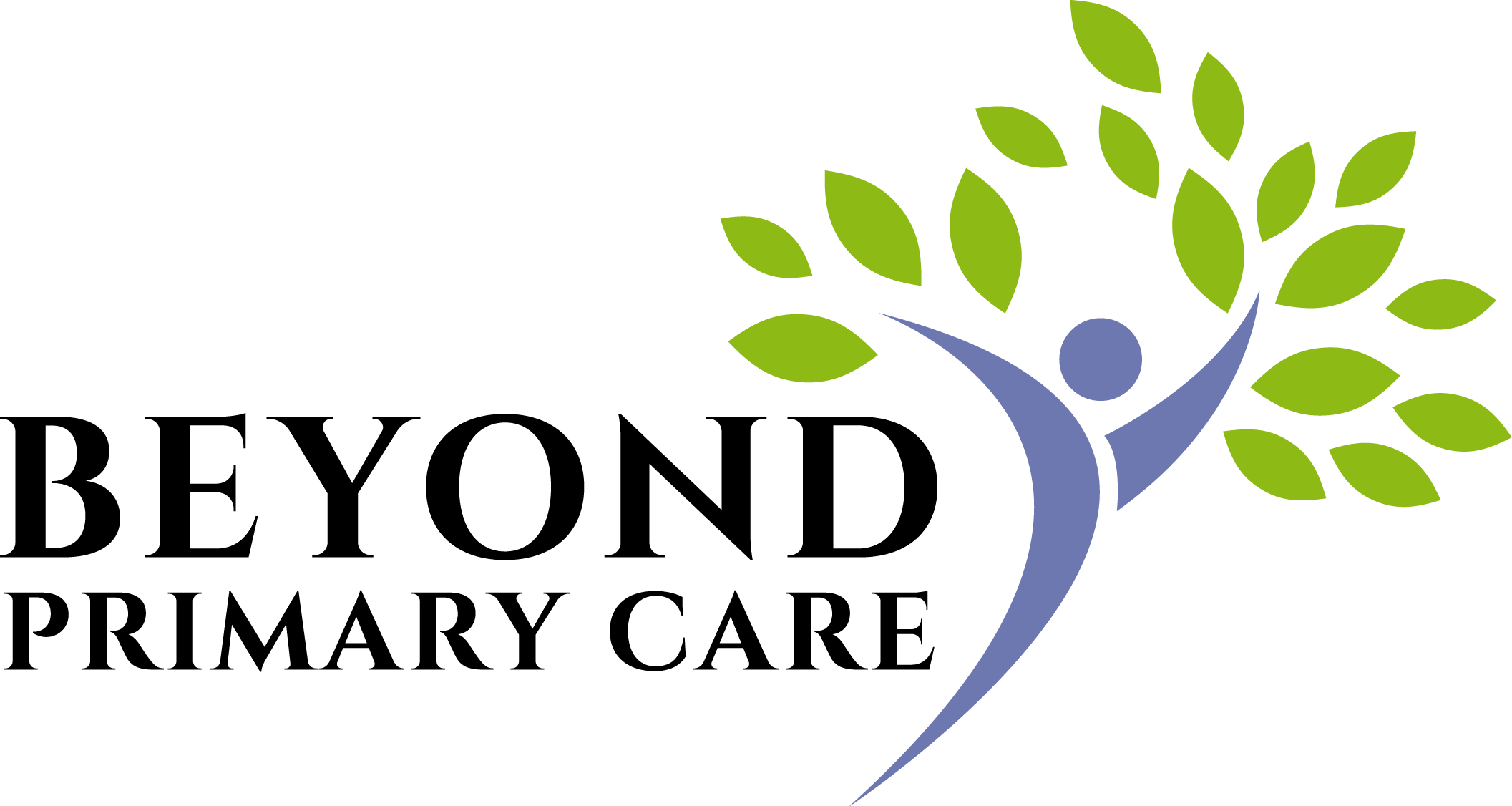Cholesterol Diagnosis and Treatment
Hi, thank you for coming back for the latest edition of Beyond Primary Care’s blog- Cholesterol Diagnosis and Treatment. In Beyond Primary Care blogs we highlight healthcare news, advice for medical conditions, and how membership for care works! Beyond Primary Care is an insurance free, membership based family medicine clinic. Beyond Primary Care is the highest rated Direct Primary Care clinic serving patients in Ann Arbor and throughout Washtenaw, Livingston, and Wayne counties giving families and employers peace of mind about healthcare costs by providing affordable and accessible primary care services.
In this blog post, we want to educate our patients and any prospective patients on cholesterol diagnosis and treatment.
What is Cholesterol
Cholesterol is a fat-like substance that has a lot of important roles in the body. In other words, we need it. It plays an important role in forming cell membranes and synthesizing certain hormones, as well as Vitamin D.
We get a lot of cholesterol from the foods we eat. If we eat a lot of high-cholesterol foods, we can find ourselves with too much cholesterol in our blood. Because cholesterol is sticky (specifically LDL cholesterol- more below), it can combine with calcium, fat, cellular waste, and fibrin (a material involved in clotting) and ‘stick’ to artery walls forming plaques that can cause clogs. This makes it a lot harder for blood to circulate.
Bad Cholesterol (LDL) fills in the gaps in your arteries when damage occurs. If you have high blood pressure, diabetes, or smoke, you will have damage to your arteries. The LDL is the speckling paste that fills in the gaps.
Good Cholesterol (HDL) is the cholesterol that is responsible for getting LDL out of your plaques and reduce plaque size. It serves as a scavenger to help collect and retrieve bad cholesterol from your arteries. The higher the number, the better. Sometimes people have a concurrent condition that lowers HDL, like having high triglycerides. High triglycerides make it difficult to raise your good cholesterol.
Cholesterol-related diseases
When blood slows down, it can prevent your heart, brain, and other organs from getting the oxygen they need to work normally. The plaques caused by high cholesterol can occur in any artery. As a result, you may develop:
Coronary heart disease
Coronary heart disease is the result of atherosclerosis in the arteries that carry blood to your heart. Lack of blood weakens your heart and causes problems such as chest pain (also called angina). When blood flow is completely blocked, you can have a heart attack. Plaques can also rupture suddenly and cause a heart attack.
Carotid artery disease
The carotid arteries carry blood to your brain. When they develop atherosclerosis, you’re at risk for a stroke.
Peripheral artery disease
Plaque may accumulate in the arteries that supply your stomach, arms, and head, but it most often affects your legs. In your legs, peripheral artery disease causes painful muscle cramps when you walk and can lead to sores that don’t heal.
Chronic kidney disease
Cholesterol plaques can occur in the arteries that deliver blood to your kidneys.
How To Measure Your Cholesterol Levels
Measuring your cholesterol levels requires a simple blood test. At Beyond Primary Care, the test is also very affordable, $5.00
It would be very Shakespearean to ask, “To Fast or Not To Fast?” Many patients have grown accustomed to physicians requesting their patients to fast to get the most accurate blood results. Fasting means the person has had nothing to eat or drink except water for at least eight hours before the test. Physicians sometimes adhere to this antiquated advice to a fault.
The answer is resoundingly no, you do not have to fast for a cholesterol blood test.
In fact, we sometimes see patients with worse cholesterol numbers after fasting compared to a test when they didn’t fast.
A study published by JAMA Internal Medicine found that fasting isn’t necessary and differences in total, LDL, and HDL values were negligible. Further, they found that fasting had little effect on predicting people’s risk of future heart problems.
To add a slam dunk to this debate, in 2013 the American College of Cardiology / American Heart Association guidelines do not require fasting for heart disease risk estimation and non fasting lipid profits should be used in the majority of patients.
Cholesterol Treatment
Statin medications are the work-horses of cholesterol lowering medications. They have been around since the 1980s and are the most studied and proven medications for this purpose, with the least side effects. Medication examples are Atorvastatin, which is generic for Lipitor.
Alternatively, if you want to seek an alternative- more holistic approach, using a combination of Niacin, Yeast Rice, and Fish oils supplements may also be beneficial.
We discuss cholesterol medications more in-depth in a follow-up article: Cholesterol Treatment
At Beyond Primary Care, we stock all medications and supplements for our patients. As example, Atorvastatin 20 mg, 30 day supply is $0.90.
What to do?
Consider making an appointment at Beyond Primary Care. Beyond Primary Care is a Direct Primary Care clinic located in Ann Arbor, Michigan and cares for patients all throughout Washtenaw County, Wayne County, and Livingston County.
Thank you for reading
To make an appointment with Dr. Jeff O’Boyle please see our scheduling link.
